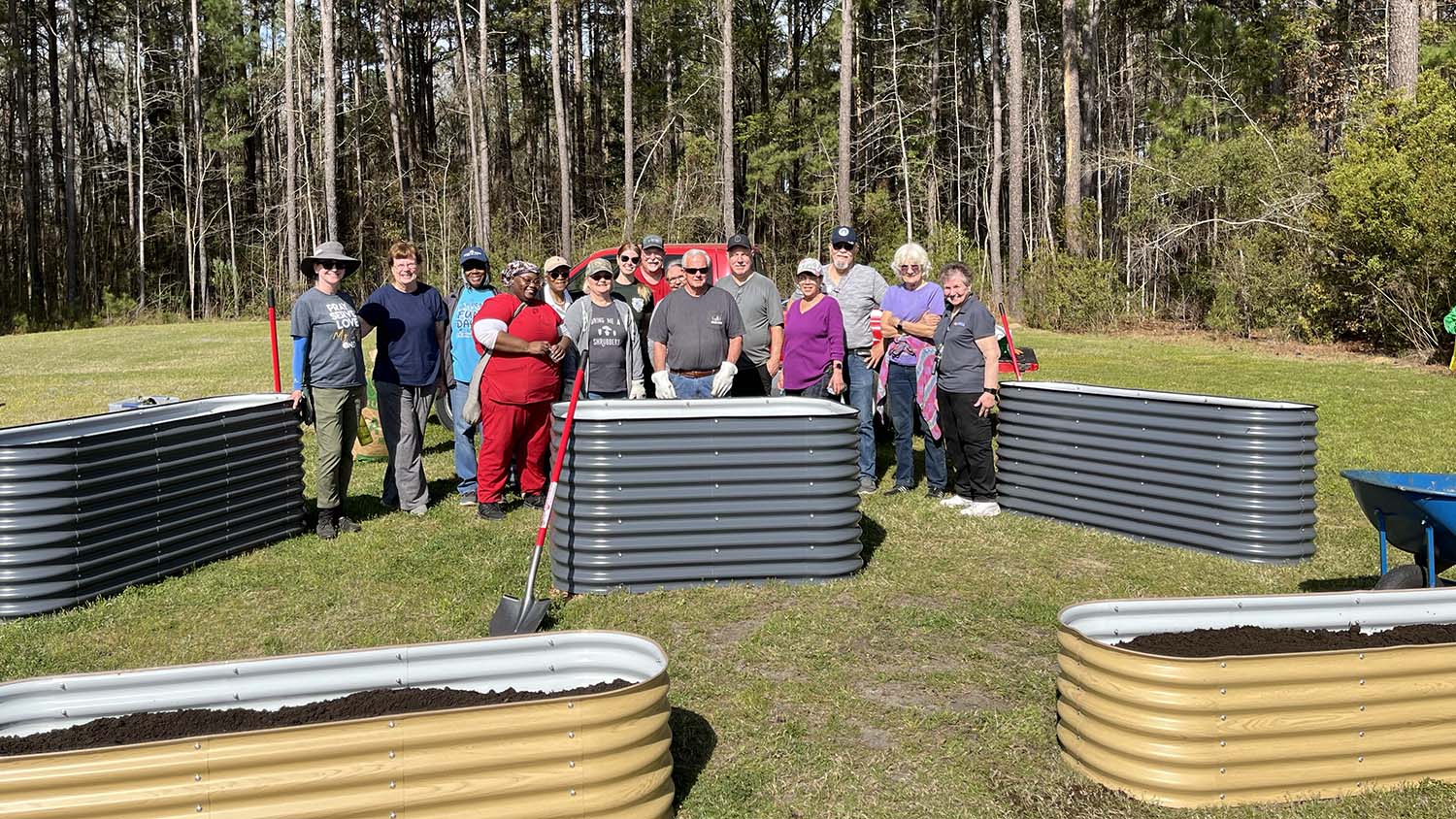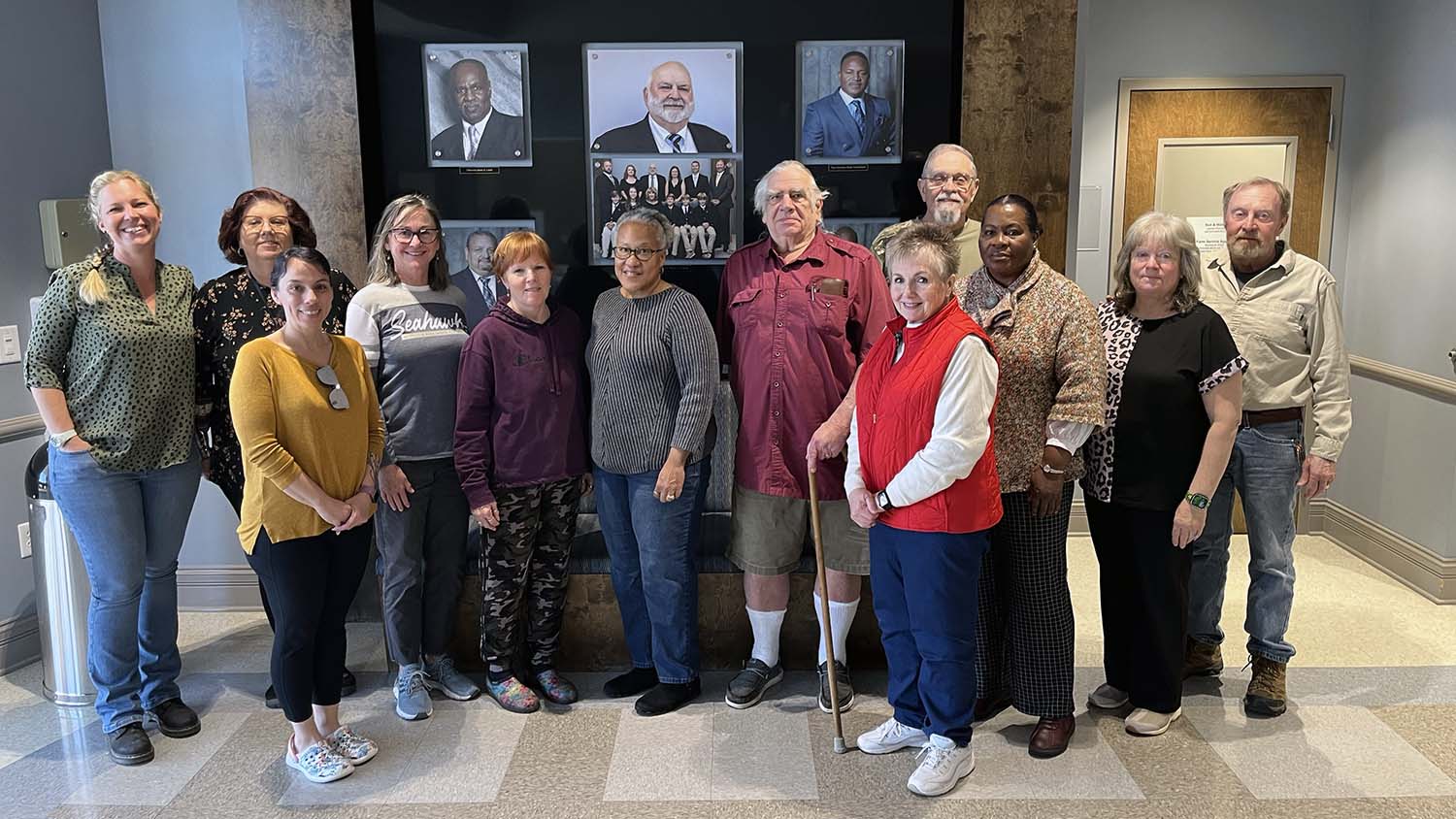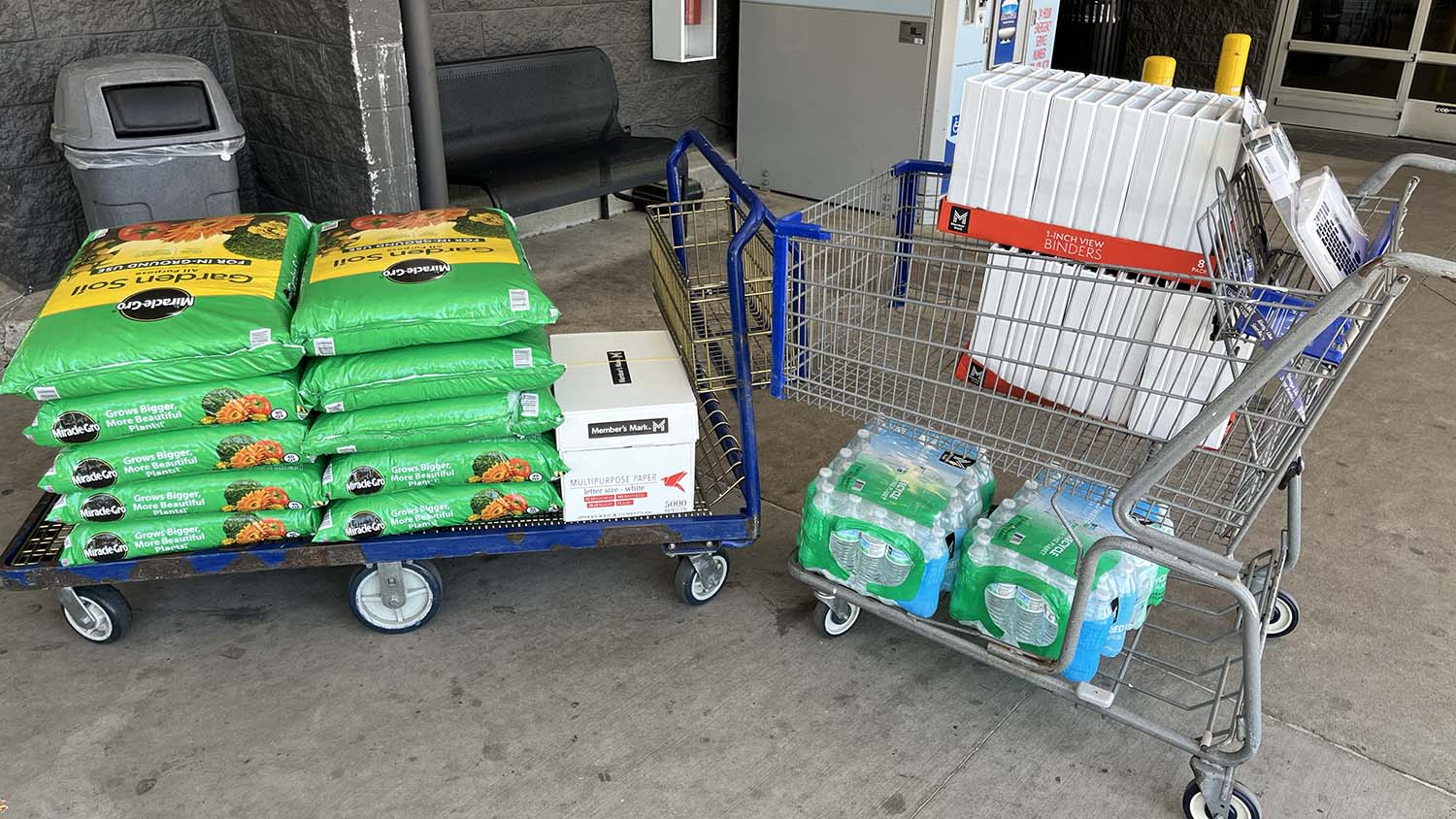Seed to Supper: Extension Gardening Program Grows Food Security
go.ncsu.edu/readext?1079488
en Español / em Português
El inglés es el idioma de control de esta página. En la medida en que haya algún conflicto entre la traducción al inglés y la traducción, el inglés prevalece.
Al hacer clic en el enlace de traducción se activa un servicio de traducción gratuito para convertir la página al español. Al igual que con cualquier traducción por Internet, la conversión no es sensible al contexto y puede que no traduzca el texto en su significado original. NC State Extension no garantiza la exactitud del texto traducido. Por favor, tenga en cuenta que algunas aplicaciones y/o servicios pueden no funcionar como se espera cuando se traducen.
Português
Inglês é o idioma de controle desta página. Na medida que haja algum conflito entre o texto original em Inglês e a tradução, o Inglês prevalece.
Ao clicar no link de tradução, um serviço gratuito de tradução será ativado para converter a página para o Português. Como em qualquer tradução pela internet, a conversão não é sensivel ao contexto e pode não ocorrer a tradução para o significado orginal. O serviço de Extensão da Carolina do Norte (NC State Extension) não garante a exatidão do texto traduzido. Por favor, observe que algumas funções ou serviços podem não funcionar como esperado após a tradução.
English
English is the controlling language of this page. To the extent there is any conflict between the English text and the translation, English controls.
Clicking on the translation link activates a free translation service to convert the page to Spanish. As with any Internet translation, the conversion is not context-sensitive and may not translate the text to its original meaning. NC State Extension does not guarantee the accuracy of the translated text. Please note that some applications and/or services may not function as expected when translated.
Collapse ▲Ashley Grubb came to NC State Extension with a love of plants, a passion for helping people, and a desire to connect the two.
Based in Hoke and Scotland counties, Grubb serves as a consumer horticulture agent for N.C. Cooperative Extension – a partnership connecting NC State and N.C. A&T State universities with local communities statewide. She took the position in 2024 after more than a decade running a retail plant nursery in Houston.
“I love everything about plants,” she said. “I always enjoyed the collaborations we had with the Texas A&M AgriLife Extension. I enjoyed their programming and the outreach, and I just thought I would really like that job.”
Being able to help people take back some control of what they eat and what they grow is a really good thing. — Ashley Grubb
The first thing Grubb did after arriving in North Carolina was to explore the types of programs that would be effective in her new environment, and look for ways to get the word out to the community.
“When I started, I just asked a lot of questions like, ‘How much do you know about Extension? How could we get you more interested?’ I wanted to expand Extension’s reach,” she said.

Raised beds installed outside the Hoke County Extension office are being used by a garden club that grew out of the Seed to Supper class.
Consumer horticulture focuses on helping homeowners grow things, so naturally most of her conversations centered on gardening. She found many people who were interested in growing their own fruits and vegetables to supplement their groceries, but who found gardening intimidating and expensive.
“They were looking for options that could be more cost effective,” Grubb said. “I started doing research into the different community garden programs that food banks around the country have, because I thought that might be a good place to start.”
Her research led her to Seed to Supper, a beginning gardening program created by Oregon State University Extension and the Oregon Food Bank as a means to reduce food insecurity in the state. Participants in the six-lesson course learn how to grow a portion of their food on a limited budget.
“I thought it was really neat that they were empowering people to be able to do things for themselves at home,” Grubb said. “I reached out to OSU Extension and asked if I could teach the class with some adaptations to North Carolina. They said, ’Absolutely. We have a few other states who have already started doing this, and we would love for North Carolina to do it also.’”

NC State Extension consumer horticulture agent Ashley Grubb (far left) with some of the graduates from her first Seed to Supper class in Hoke County.
She spent a few months reviewing the curriculum and adapting it to the Sandhills and Coastal Plains regions of the state, and in January NC State Extension joined Extension services in Oregon, New York, Pennsylvania and New Mexico in using the curriculum.
The 17 members of the inaugural class represented a cross section of the county.
“I had a veteran who’s interested in foraging and homesteading,” she said. “I had a lady who had just moved to the area from Jamaica a month before the class started. I had some longtime residents who had dabbled in gardening and wanted to learn more. I had a young mother who was trying to grow food in her backyard to supplement her kids’ diets. It was really diverse.”
The first week included instructions on how to plan their garden, including site choice, crop rotation, making a planting map, and common crops that grow well in the climate. Students then learned about healthy soil and planting methods.
“During the first two classes, we talked about what they hoped to get out of the class and envisioning the garden of their dreams,” Grubb said. “Pretty much everyone was curious about tomatoes and peppers. But then it depended on the heritage and the background and the diets of each individual. We talked about making use of whatever resources you have — how to adapt a piece of Tupperware and turn it into a container, or growing in pots, or growing in a small plot of land behind your house.”

Supplies used in the Seed to Supper course at the N.C. Cooperative Extension center in Hoke County.
The caring for the growing garden units included watering, weeding, protecting young plants, identifying common pests, and pest management. The final class included tips on harvesting and storage, and a cooking lesson.
Participants also received information on low- or no-cost options on where to get compost, soil and mulch, and tips on ways to reduce, recycle and reuse.
“It was really well received and I’ve got people messaging already wanting to know when the next one is,” she said.
The Seed to Supper course involved just about everyone in Extension’s Hoke County center. Greg Huneycutt, county Extension director and Family and Consumer Sciences agent, taught the final class on cooking and preservation, preparing a family-style meal. Extension 4-H agents Gina Daniels and Tamika McLean provided snacks and activities for the children of program participants. Other staff, including administrative assistant Debbie Humphrey, collected supplies and prepared and distributed fliers advertising the course.
“That’s the other really great part about this program is you have the opportunity to involve the whole office,” Grubb said. “There’s children’s activities. There’s cooking. It translates into a lot of different departments. It was really fun for everyone to join together on it. It was a great experience for some team building as well.”
Grubb plans to teach another course in Hoke County in the fall and in Scotland County in the spring. She has also created a curriculum that can easily be adapted to any growing region in North Carolina, and she hopes the program will be adopted statewide.
“I would love to see this spread through North Carolina,” she said. “Being able to help people take back some control of what they eat and what they grow is a really good thing. We have great soil and a great climate. If the only thing that’s standing in the way of people not having first-hand knowledge or knowing how to get started, I think Extension could really be key in helping.”

